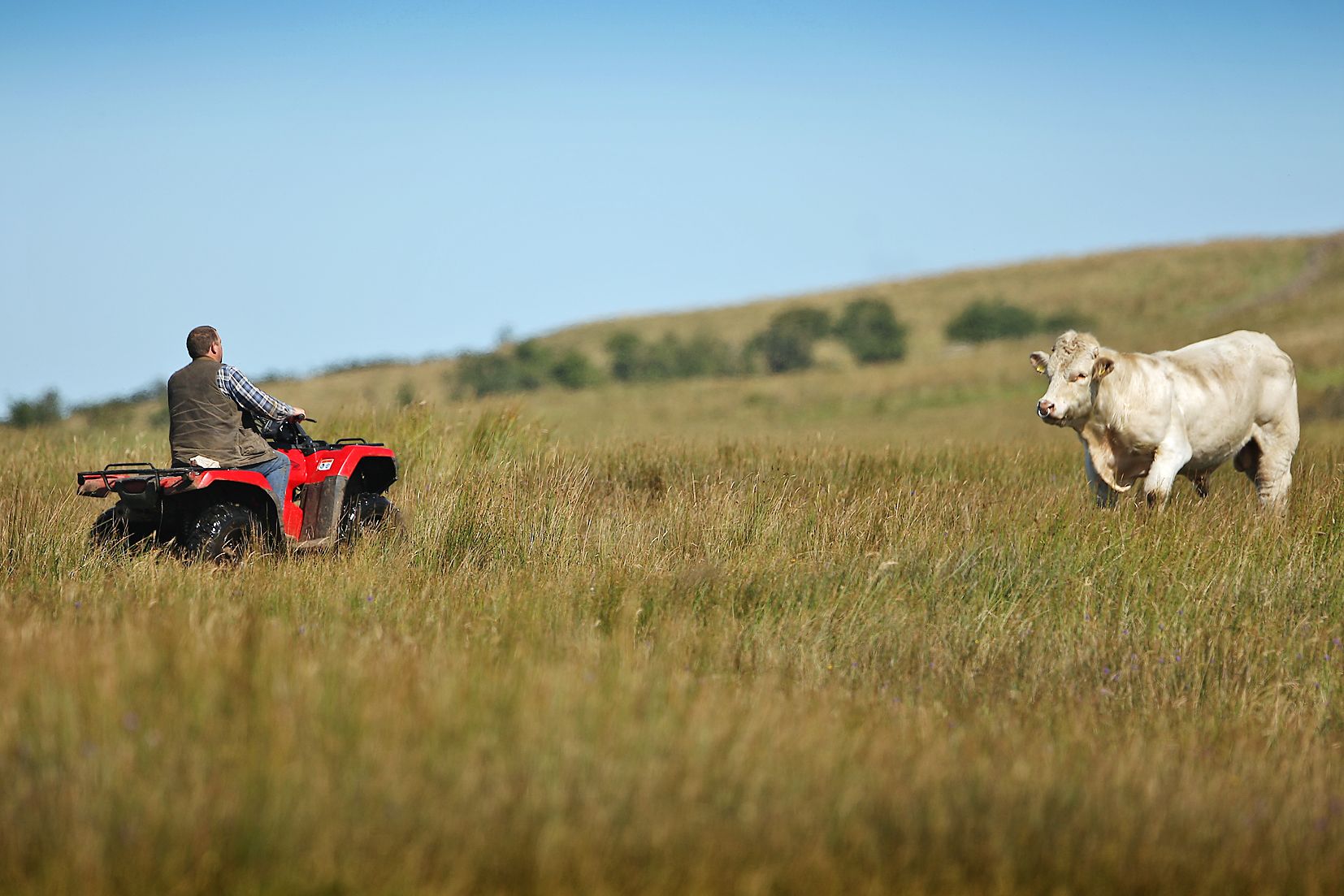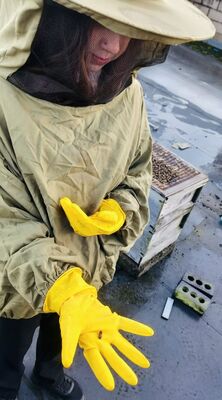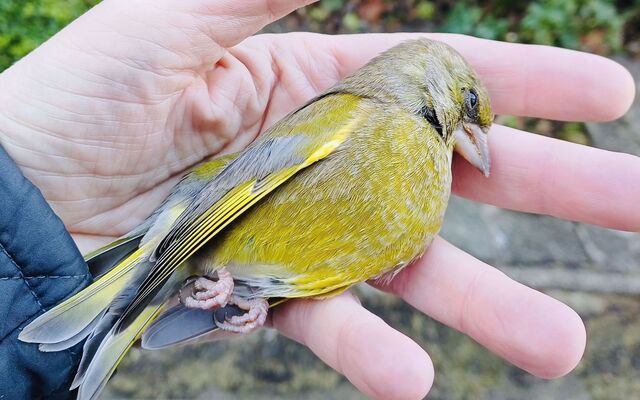AGRICULTURE has nature by the throat in Ireland.
It seems that every square inch of every field is being used to produce something for us, while the famous Irish hedgerow has all but disappeared in the last decade, getting a short back and sides from tractor-mounted hedge clippers.
On holiday last month in Donegal – that wild, beautiful county hugging the rugged Atlantic coast – Dúlra didn’t see a single bird of prey. The chicks of eagles that had been reintroduced here died in the nest – of starvation. The hills of Donegal might look remote and wild to us, but, scrubbed clean by sheep, they’re as barren as a desert.
Irish nature has been forced to retreat more with every passing year. Ground-nesting birds like the famous curlew or the stunning hen harrier are on the verge of extinction as breeding species. Flying insects here have dropped by 75 per cent in just 25 years. On the outskirts of Belfast in just the past two years, frog-filled fields have been drained and hedgerows hacked down to produce fields as smooth and green as snooker tables – hay for cattle.
Even our water is being affected: the number of pristine rivers in Ireland has fallen from 500 in the 1980s to 20 now.
But things could be about to change. It emerged this week that farming is now in the sights of some of the world’s most successful entrepreneurs. And many of these visionaries have a blunt message: farming as we know it is over.
Agriculture has been identified as the last big industry yet to be ‘disrupted’. We’re all familiar with things that have been ‘disrupted’ – but it happened so gradually that we didn’t notice the ground moving under our feet. When Dúlra was young every car had a map in the glove compartment – satnavs consigned them to history. There were video shops on every corner – home streaming led to the shutters going down. We had encyclopaedias on the bookshelf at home – then came Wiki; and we got films developed at the chemist – before digital and phone cameras were invented. Even newspapers haven’t been immune to these massive forces – you’re more likely to be reading this on a phone than on a thin strip of dead wood.
But farming has just done what it’s always done – even getting more efficient at it every single year. There are more cows than people in Ireland, with 90 per cent of farmland devoted to them. Cows produce the bulk of agriculture’s 15 per cent share of global greenhouse gases.
Beef and milk are the basics of local farm output – and it’s at this core market that the entrepreneurs are taking aim.
The humble carton of milk – the staple of family life for generations – is seen as the weakest link that could bring the whole thing down. Countless millions of pounds are being pumped into research on how to produce milk in labs – and already sales of plant-based milk are rocketing. The lab-produced milk, using fermentation in massive brewing vats, will be better for the planet – with cows, it takes 6lbs of food and 1,000 gallons of water to make one gallon of milk.
The writing, it seems, is on the wall.
And farmers can adapt.
It’s increasingly accepted that farms should not just be about growing animals and crops, but, for example, about growing trees. And not those dense coniferous forests that are planted as investments. But living deciduous forests like those that once covered Ireland.
And farmers will get paid for it– to be guardians of the countryside – in much the same way they get extra cash for providing cover for yellowhammers and corncrakes. And instead of producing vast quantities of beef and milk as efficiently as possible, Irish farmers are being encouraged to make a global name for small-scale organic produce.
Dúlra loves his milk, he guzzled down the wee bottles of free milk at primary school, and he still guzzles it down with his breakfast and dinner. But give him an alternative which could lead to the rewilding of our countryside and the recovery of nature, and he’ll grab it, literally, with both hands.
• If you’ve seen or photographed anything interesting, or have any nature questions, you can text Dúlra on 07801 414804.







